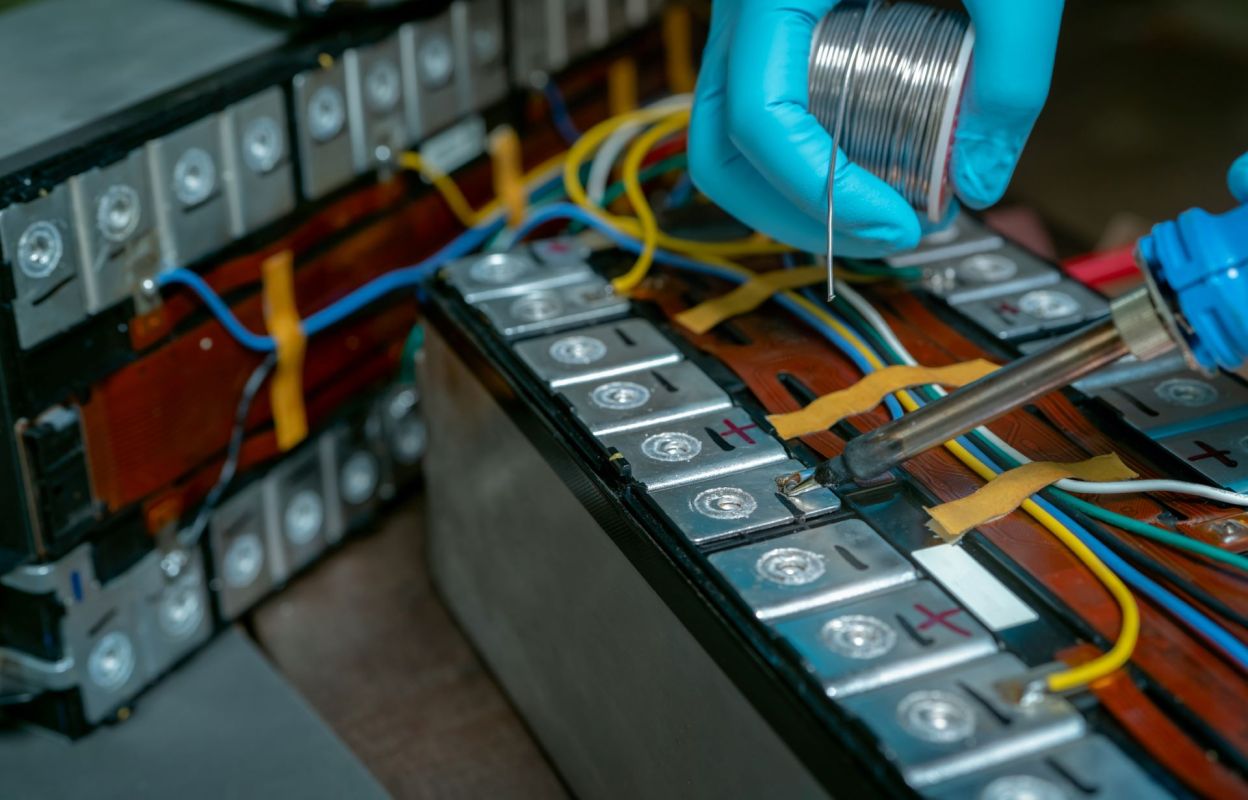One of the significant limitations of electric vehicles (EVs) is the time it takes to charge the battery. Researchers at the National University of Singapore (NUS) are developing batteries that can charge as quickly as a gasoline refill, as The Straits Times reported.
These batteries are made with metal niobium and engineered to last 10 years longer than the standard EV battery. These batteries are the result of a $5 million battery innovation project backed by the National Research Foundation in collaboration with Brazilian company CBMM, the leading supplier of niobium.
The current battery model in production is made of niobium and graphene. The graphene has exemplary electrical conductivity, while the niobium has a stress-resistant molecular structure that can prolong the battery's lifespan and prevent overheating, per The Straits Times.
Researchers estimate that the niobium-graphene batteries will be able to charge at least 10,000 times and retain 80% of their starting capacity — five times higher than current EV batteries.
The researchers estimate their battery will complete its charge within 10 minutes — about three times faster than the average for current EV battery fast-charge rates. This would decrease the time it takes users to recharge their vehicles and may motivate more people to purchase EVs instead of internal combustion engine vehicles, which produce planet-warming pollution. The longer battery lifespan will also reduce the cost of ownership of an EV.
Besides the goal of a quick charge, the researchers also prioritize a safe and durable battery to power the EVs. Plus, niobium-graphene batteries offer a more sustainable alternative to lithium-ion batteries — which are relegated to hazardous waste when discarded. Nobium is a "relatively abundant" material per The Engineer, which may defray the cost of EV production.
The niobium-graphene batteries have applications outside of EVs, too. Rogerio Ribas, CBMM Global Head of Batteries, reported to The Engineer, "... [the batteries] also have advantages such as higher input and output power, wider temperature operating range, and higher state of charge.
"Although it is still in its development stage, the researchers estimate their niobium-graphene battery prototype will be in production in the first quarter of 2024.
Join our free newsletter for weekly updates on the coolest innovations improving our lives and saving our planet.









